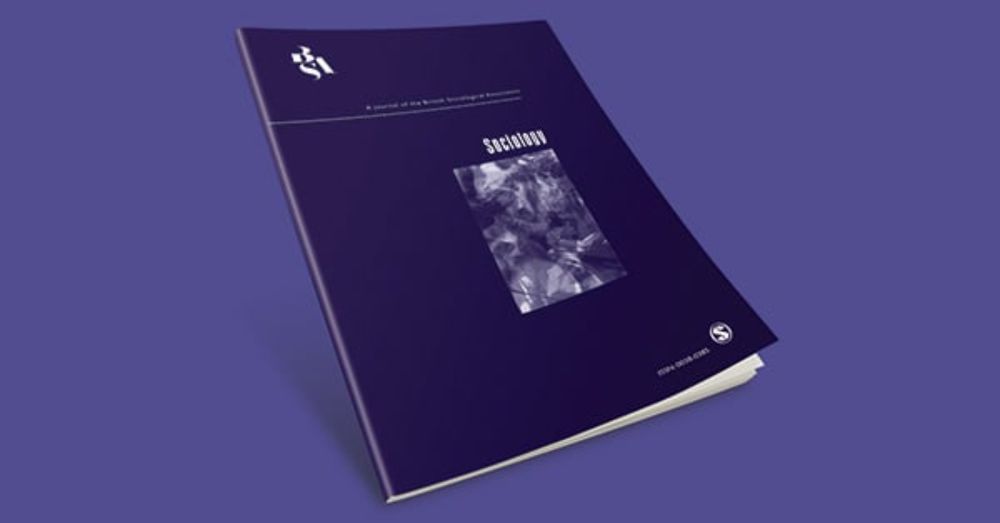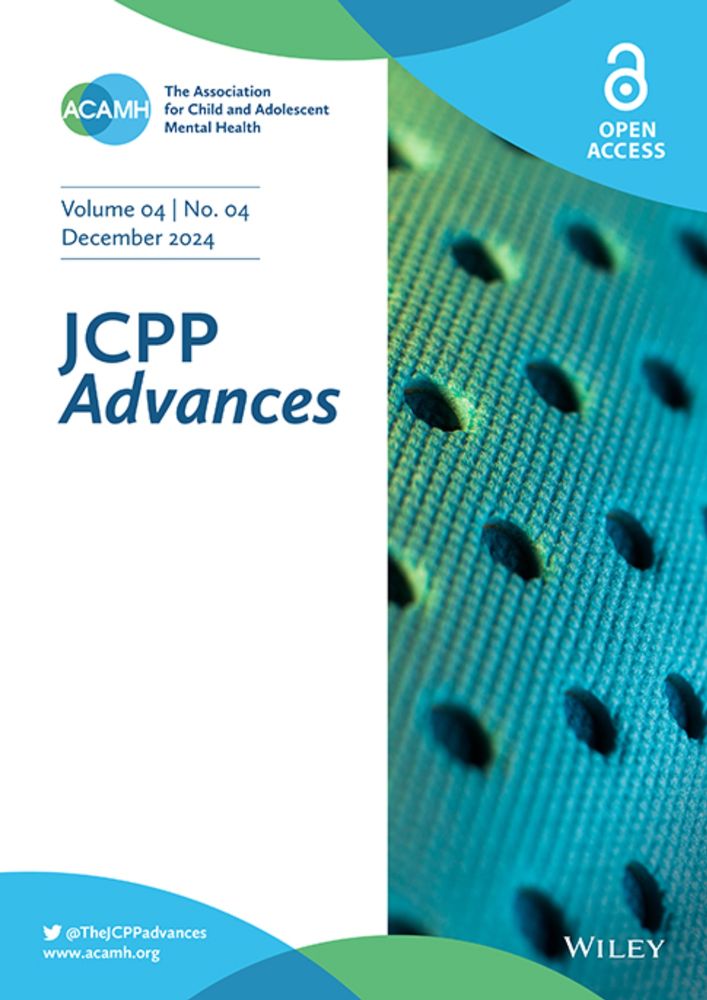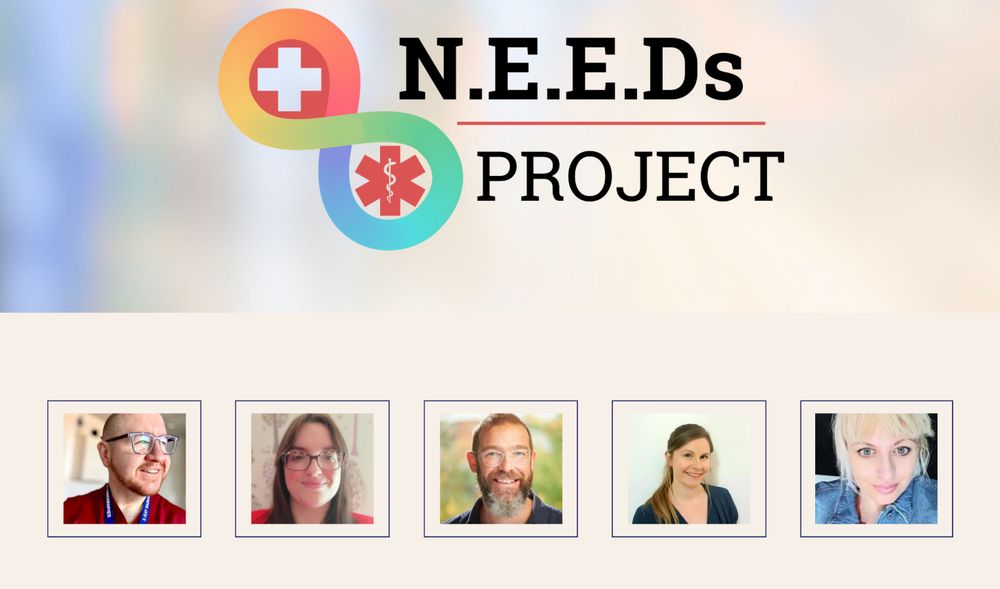Group for Research in Relationships And NeuroDiversity - GRRAND
@grrand-team.bsky.social
470 followers
810 following
110 posts
We conduct research on topics that matter to neurodivergent people and their allies, through working in collaboration with #autistic and #adhd people with or without learning disabilities and syndromes. Our group is based at UCL's Brain Sciences.
Posts
Media
Videos
Starter Packs
Reposted by Group for Research in Relationships And NeuroDiversity - GRRAND
Reposted by Group for Research in Relationships And NeuroDiversity - GRRAND
Reposted by Group for Research in Relationships And NeuroDiversity - GRRAND
Emma Sutton
@emmalgsutton.bsky.social
· Jul 27
Reposted by Group for Research in Relationships And NeuroDiversity - GRRAND
Reposted by Group for Research in Relationships And NeuroDiversity - GRRAND
Reposted by Group for Research in Relationships And NeuroDiversity - GRRAND
Reposted by Group for Research in Relationships And NeuroDiversity - GRRAND













